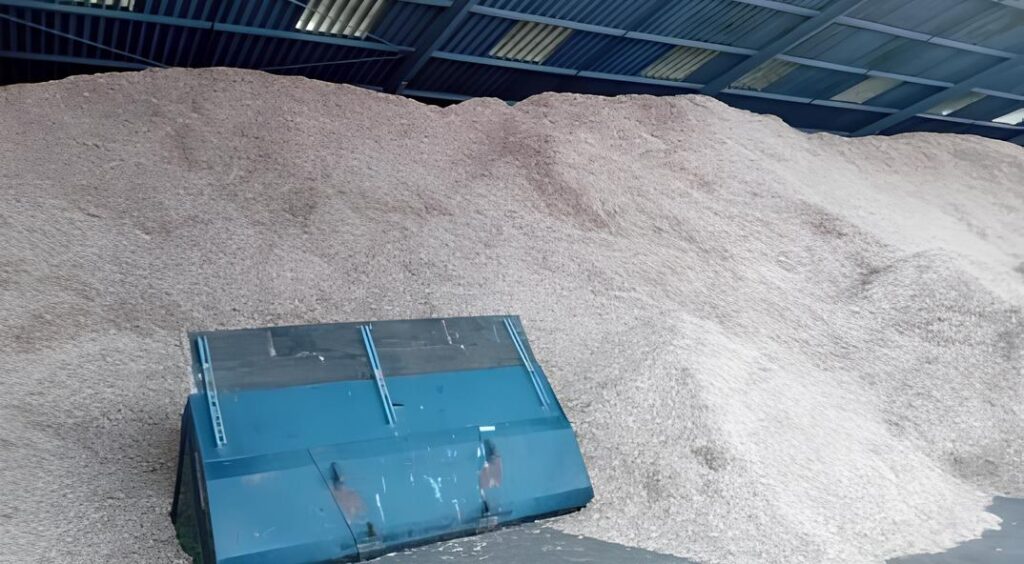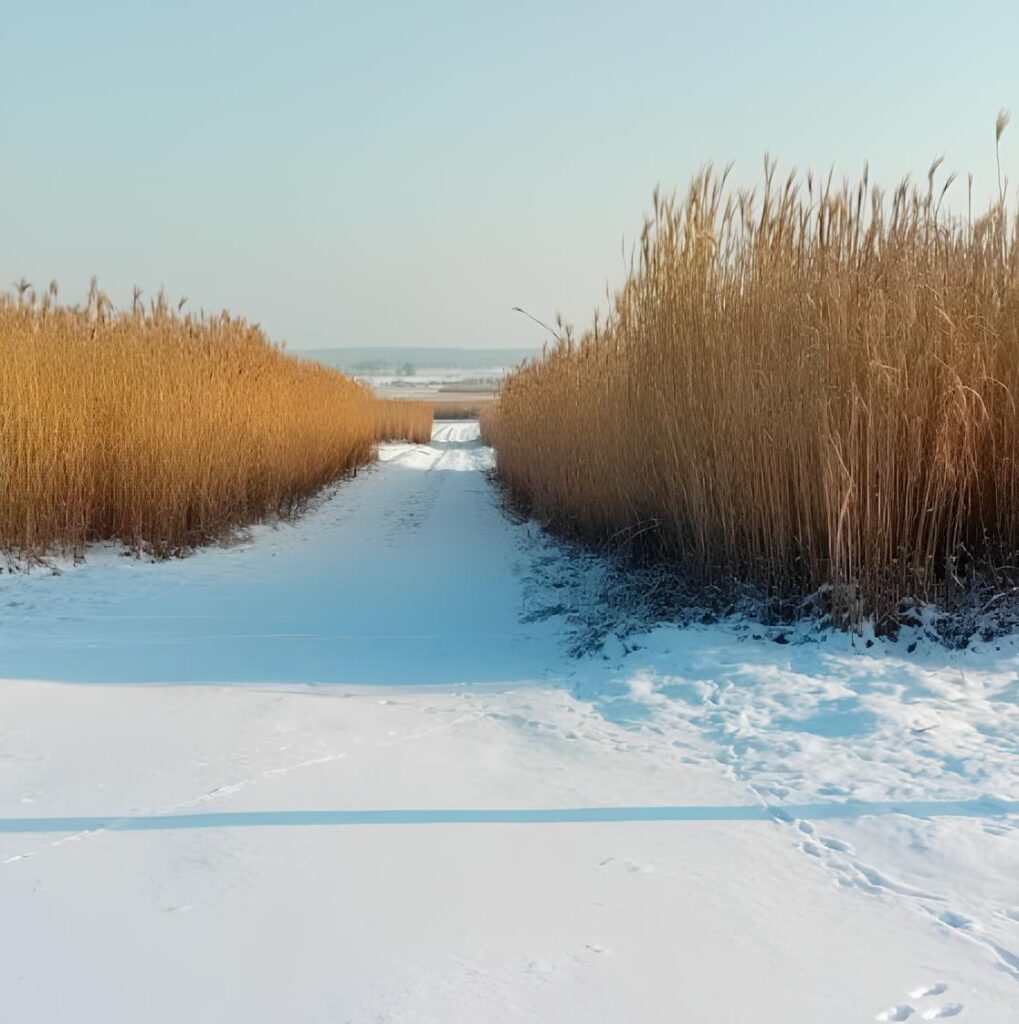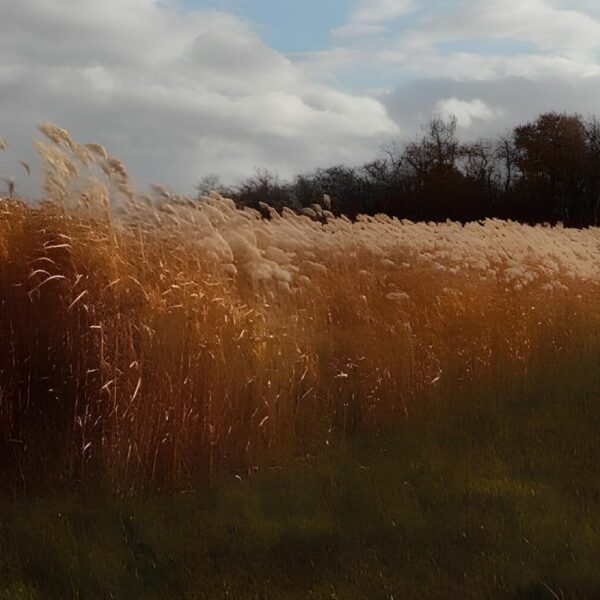New energies, especially renewable ones, are being tested every day. In partnership with Marcelle, 22-Med offers three articles this week on this theme. To start with, heating with miscanthus.
Also called elephant grass, Chinese reed, or Eulalia, miscanthus, native to Africa and South Asia, is known for providing many micronutrients to the soil during its decomposition. In 2023, its cultivation covered about 11,000 hectares in France. Used for biofuels, bedding, horticultural mulch, and biomaterials, it fits perfectly into the bioeconomy. Fourteen French municipalities already use it to heat municipal buildings, homes, and even castles. This is the case in Bernwiller, in Alsace. Here, it has been used since 2011 to purify the soil... and to heat!
The story began in 2008, with a deterioration in water quality: the nitrate level rose from 20 milligrams per liter to 40 in ten years. Miscanthus then appeared as an easy (no need for fertilizers or pesticides) and effective solution to purify the water for the 1,200 inhabitants of the municipality.
Cultivated communal lands
"Our water was becoming heavily polluted by nitrate, and we were looking for a solution to purify it," recalls Patrick Baur, mayor of Bernwiller. "The president of our water syndicate was already using miscanthus professionally for mulching. He knew the plant and had the idea to grow it on the lands around the water catchment. A study was conducted to ensure its effectiveness, and we planted 27 hectares."
The elected officials had the good idea to push the reflection: was it possible to use this plant, which regrows every year with little maintenance, for purposes other than mulching and water purification? After gathering information, it was found that it could work for heating. After a successful trial in one of the two municipal heating plants, the village took the plunge! Since then, one heating plant operates 100% on miscanthus and the other at about 50%, depending on the harvest.
Patrick Baur specifies: " Currently, we have 27 hectares of miscanthus planted in our municipality (about an average of 320 tons) and wish to add about ten hectares. This is one of our projects for 2024: for landowners to join us in planting it. With the goal of covering the needs of our two heating plants, but especially to maintain soil with as few pollutants as possible. Because the nitrate level has indeed dropped thanks to miscanthus: we are back to about 20 mg/l. The great advantage is that there is nothing to add to this plant that regrows on its own. The leaves fall in mid-season and nourish the soil."
Short circuit
Not only are the plantations located on communal lands, but it is enough to plant miscanthus just once for years of harvest. However, it is necessary to compensate the various farmer-harvesters, whom the municipality pays 110 euros per ton. Then, the harvest is stored in two warehouses of 2000 m3 each. During the winter period, a farmer from the village takes care of transporting it to the different heating plants.
The heating plant in Bernwiller, which operates 100% on miscanthus, supplies all municipal buildings: schools, the old town hall, the community hall, municipal housing, the church, and about fifteen private homes that are connected to the heating network.

The financial aspect has also been essential in setting up the project. "The difficulty is when you create everything: planting miscanthus, installing the heating plant, setting up the network... It costs much more than a normal system," emphasizes Patrick Baur. "But we were able to spread the expenses by building the heating plant in 2007, planting in 2008 and 2011, making investments in small packages. If someone has to invest in such a setup now, it is not trivial, but it is truly a project for the future."

Cover photo: A field of miscanthus in Alsace. ©Mairie de Bernwiller
To go further

Find the articles already published in 22-Med on this theme
and choose your translation :
